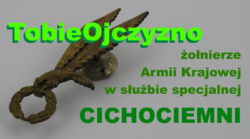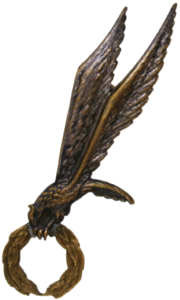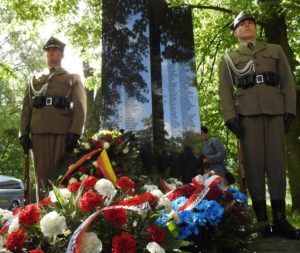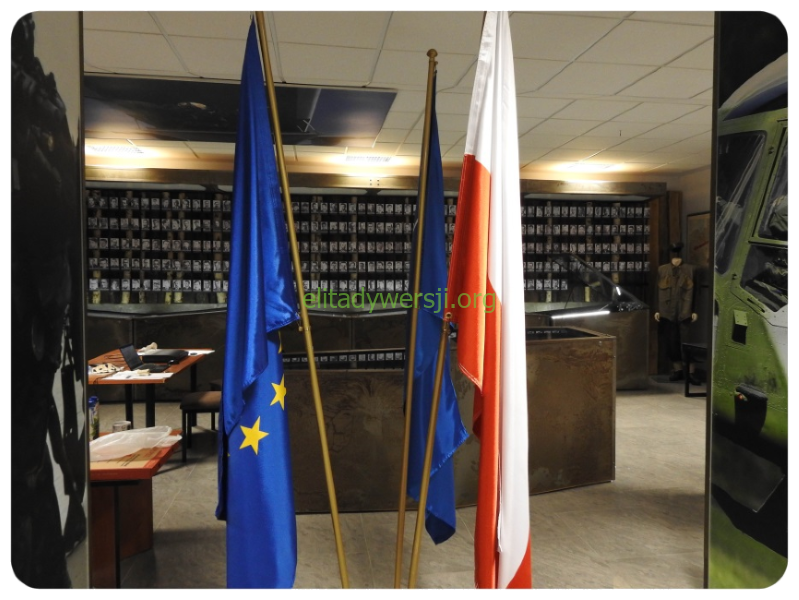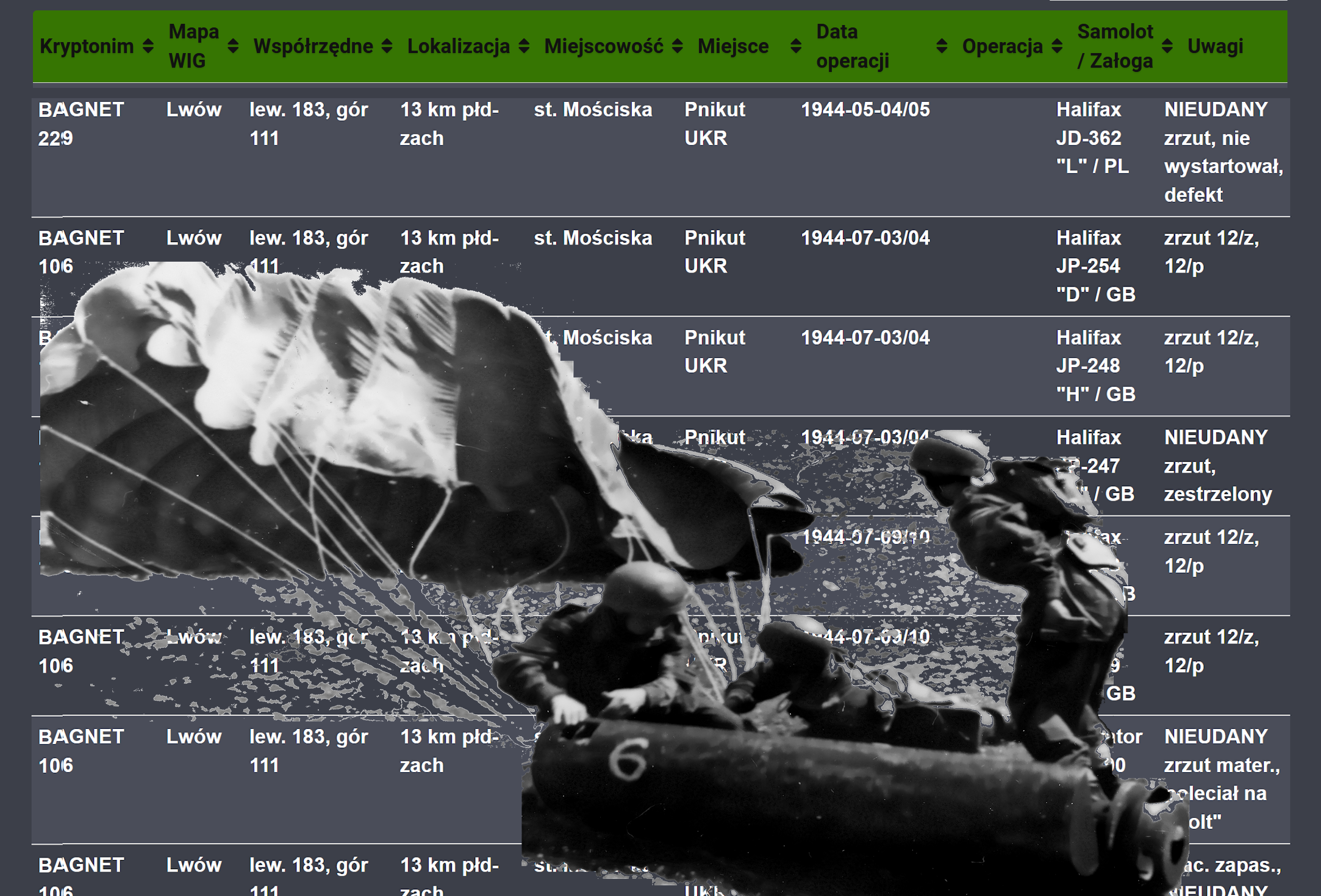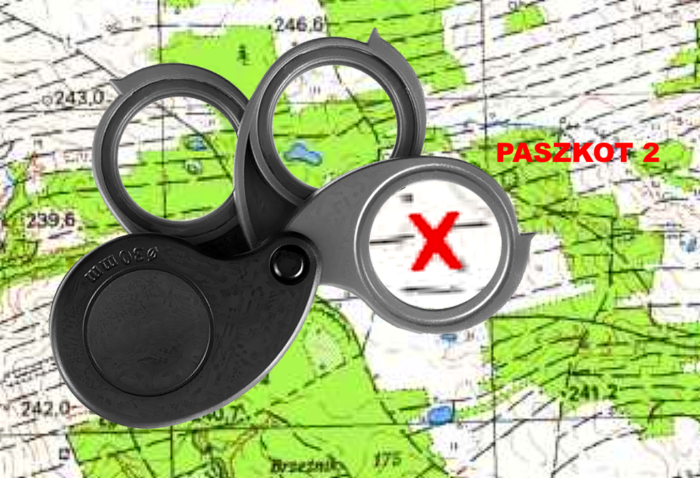CC
Cichociemni byli żołnierzami Armii Krajowej w służbie specjalnej
- Wstęp
- Cichociemni – rekrutacja, szkolenie i przerzut do Polski
- „Ptaszki” i „kociaki”
- Cichociemni – patriotic rap MC Sobieski
- Cichociemni w walce o niepodległość
- Upamiętnienie Cichociemnych
Nazywamy się cichociemnymi.
Nazwa niejednemu wyda się może dziwaczna,
ale spróbujcie znaleźć lepszą na określenie takiego charakternika,
który potrafi zjawić się nie spostrzeżony tam
gdzie się go najmniej spodziewają i pożądają,
cicho a sprawnie narobić nieprzyjacielowi bigosu
i wsiąknąć niedostrzegalnie w ciemność, w noc – skąd przyszedł
„Drogi Cichociemnych”, Londyn 1961
Cichociemni – rekrutacja, szkolenie i przerzut do Polski
Rafał Iwan – „Cichociemni” – rekrutacja, szkolenie i przerzut do Polski
w: Koło Historii nr 10/2008, Lublin 2008, ISSN 1505-85-30, s. 77 – 106
Materiały Koła Naukowego Studentów UMCS
Andrzej Chmielarz – Cichociemni
w: Biuletyn informacyjny AK nr 11 (295) listopad 2014, s. 1 – 10
„Ptaszki” i „kociaki”
dr Krzysztof A. Tochman – „Ptaszki” i „Kociaki”
w: Kombatant – biuletyn UdSKiOR, luty 2011 r., nr 2 (242) s. 15 – 21
CICHOCIEMNI (The Silent Unseen) – patriotic rap MC Sobieski, muzyka: Patryk Bielewicz, production: Anima Villis
Cichociemni w walce o niepodległość Polski
Spośród 316 Cichociemnych zrzuconych na spadochronie do okupowanej Polski
40 walczyło o niepodległość Polski w latach 1918 – 1921:
Leon Bazała (1918-1920) | Jacek Bętkowski (1920) | Jan Biały (1918-1920) | Niemir Bidziński (1920) | Romuald Bielski (1919-1920) | Adolf Gałacki (1918-1920) | Stanisław Gilowski (1918-1920) | Jan Górski (1919-1920) | Antoni Iglewski (1915-1920) | Kazimierz Iranek-Osmecki (1913, 1916, 1920) | Wacław Kobyliński (1918-1920) | Bolesław Kontrym (1917-1918) | Franciszek Koprowski (1919-1920) | Tadeusz Kossakowski (1909-1920) | Julian Kozłowski (1918-1919) | Henryk Krajewski (1918-1920) | Leopold Krizar (1918-1920) | Stanisław Krzymowski (1914-1920) | Adolf Łojkiewicz (1918-1920) | Narcyz Łopianowski (1918-1920) | Zygmunt Milewicz (1918-1920) | Przemysław Nakoniecznikoff-Klukowski (1913-1921) | Leopold Okulicki (1914-1920) | Mieczysław Pękala-Górski (1918-1920) | Edward Piotrowski (1918-1920) | Jan Różycki (1917-1920) | Roman Rudkowski (1914-1920) | Tadeusz Runge (1917-1920) | Józef Spychalski (1916-1920) | Tadeusz Starzyński (1920) | Tadeusz Stocki (1920) | Aleksander Stpiczyński (1917-1920) | Witold Strumpf (1920) | Adam Szydłowski (1918-1920) | Wincenty Ściegienny (1918-1920) | Witold Uklański (1917-1921) | Józef Zabielski (1920) | Józef Zając (1920) | Wiktor Zarembiński (1920) | Bronisław Żelkowski (1920)
Projekt realizowany w ramach obchodów stulecia odzyskania niepodległości oraz odbudowy polskiej państwowości
Upamiętnienie Cichociemnych
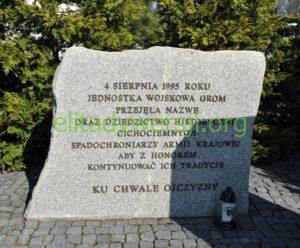
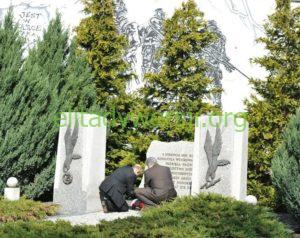 W 1989 roku powstał film dokumentalny „Cichociemni” (scenariusz i reżyseria Marek Widarski).
W 1989 roku powstał film dokumentalny „Cichociemni” (scenariusz i reżyseria Marek Widarski).
15 maja 2005 odsłonięto na terenie jednostki specjalnej – Jednostki Wojskowej GROM w Warszawie pomnik poświęcony cichociemnym spadochroniarzom AK. Znaczna część ekspozycji Sali Tradycji jednostki GROM poświęcona jest Cichociemnym.
Od 4 sierpnia 1995 roku jednostka nosi nazwę – Jednostka Wojskowa GROM im. Cichociemnych Spadochroniarzy Armii Krajowej
W 2008 roku powstał film dokumentalny „My cichociemni. Głos żyjących” (scenariusz i reżyseria Paweł Kędzierski).
7 października 2013 roku w Warszawie przy ul. Matejki, naprzeciwko Sejmu R.P. odsłonięto Pomnik Cichociemnych Spadochroniarzy AK.
 W 2013 roku powstał film dokumentalny „Cichociemni. Wywalcz wolność lub zgiń” (scenariusz i reżyseria Dariusz Walusiak).
W 2013 roku powstał film dokumentalny „Cichociemni. Wywalcz wolność lub zgiń” (scenariusz i reżyseria Dariusz Walusiak).
W 2016 roku Sejm R.P. ustanowił rok 2016 Rokiem Cichociemnych. NBP wyemitował srebrną kolekcjonerską monetę o nominale 10 zł upamiętniającą 75. rocznicę pierwszego zrzutu Cichociemnych.
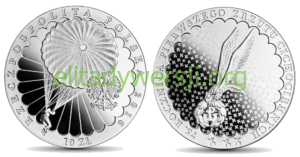
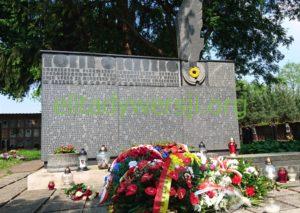 W 2017 roku PLL LOT umieścił znak spadochronowy oraz podpis upamiętniający Cichociemnych na kadłubie Boeinga 787 (SP-LRG).
W 2017 roku PLL LOT umieścił znak spadochronowy oraz podpis upamiętniający Cichociemnych na kadłubie Boeinga 787 (SP-LRG).
Cichociemni są patronem wielu szczepów, drużyn oraz organizacji harcerskich. Opublikowano wiele książek i artykułów o Cichociemnych.
Na Cmentarzu Wojskowym na Powązkach w Warszawie znajdują się groby kilku Cichociemnych oraz poświęconym Im pomnik „TOBIE OJCZYZNO”
